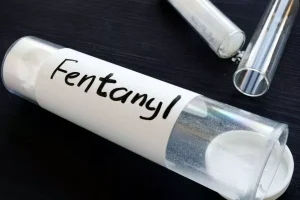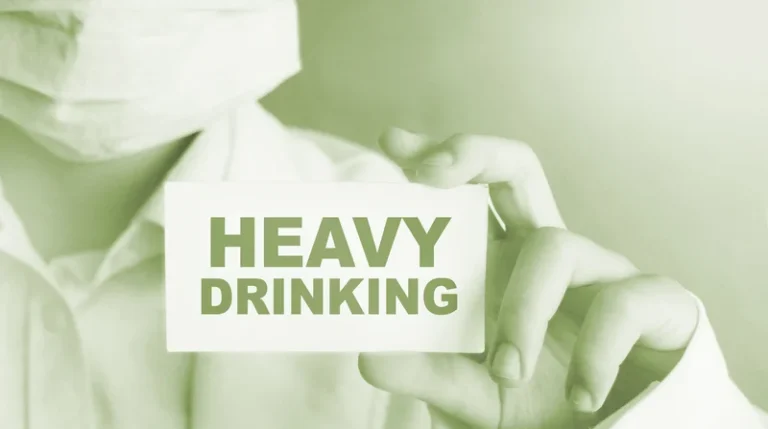Living with Alcohol Intolerance & Allergies

This takes time, which is why the symptoms can last for a whole day or more. It is important to seek specialist advice if your suspect some sort of alcohol intolerance, as alcohol intolerance and alcohol allergy are commonly confused and misdiagnosed. Those with alcohol intolerance should try to limit or abstain from alcohol consumption entirely. Alcohol intolerance alcohol intolerance symptoms is different to having a ‘low tolerance’ to alcohol. The latter term is generally used in social settings to describe someone who experiences the effects of drinking alcohol much quicker than others. Although alcohol intolerance usually isn’t a serious issue as long as you don’t drink alcohol, you might want to discuss it with your doctor at your next appointment.
Understanding the Long-term Effects and Health Risks of Alcohol Intolerance
White wine tends to contain higher levels of sulfites than red wine and beer. Do you have a sneaking suspicion that meals containing aubergines, peppers, or potatoes don’t quite agree with you? We explore the difference between a nightshade allergy and a nightshade intolerance, plus the symptoms these foods can trigger in those who are susceptible.
Your Guide to Alcohol Intolerance
- People with alcohol intolerance may also experience nasal congestion after drinking alcohol.
- In rare cases, pain after drinking alcohol might be a sign that you have Hodgkin’s lymphoma.
- If you do choose to drink, limit how much you drink and stop drinking at the first sign of symptoms.
- This article looks at the links between alcohol and sickness and provides an overview of alcohol intolerance, including the signs, when to consult a doctor, and causes.
An alcohol allergy is a rare toxic reaction to alcohol that can be fatal in rare cases. Often, what people consider to be an alcohol allergy is, in fact, alcohol intolerance. While rare, people with grape allergies should avoid wine and grape-based liquors, including brandy. Even less common is an allergy or intolerance to corn-based liquors like bourbon.

How can you treat alcohol allergy?
If you’re starting a new medication, it’s always a good idea to talk with your healthcare provider or pharmacist about how your medication can interact with alcohol. In 2017, researchers explored how if a person consumes alcohol chronically and in larger quantities, it may promote inflammation throughout the body, resulting in widespread symptoms. Alcohol intolerance happens when the body cannot properly break down alcohol. Alcohol allergy happens when the immune system mistakenly identifies alcohol as a threat and launches an attack that can affect the entire body. Daily drinking can have serious consequences for a person’s health, both in the short- and long-term.
How can I prevent alcohol intolerance?

The medication epinephrine, commonly called an EpiPen, can help treat a severe allergic reaction. Some health conditions can also cause alcohol intolerance, while others can cause increased alcohol sensitivity. Although not a true allergy, in some cases, what seems to be alcohol intolerance might be your reaction to something in an alcoholic beverage — such as chemicals, grains or preservatives.
- So, Pepcid may prevent alcohol flush reaction, but it’s a risky strategy.
- Symptoms of an allergic reaction to LTP usually appear within minutes and include swelling, itchiness, digestive problems, breathing difficulties and, in extreme cases, anaphylaxis.
- Even if you only have mild symptoms of alcohol intolerance, you should avoid alcohol.
- If you don’t know if you have alcohol intolerance or alcohol allergy, see your doctor or an allergist.
- Unlike alcohol allergy, which is less common and involves an immune response to alcohol or its components, alcohol intolerance is primarily a metabolic issue.
- Next to flushing, a stuffy nose is the most commonly reported symptom of alcohol intolerance.
- Alcohol-induced respiratory symptoms are common in patients with aspirin exacerbated respiratory disease.
- If you have alcohol intolerance but still find yourself drinking excessively, despite the pain and discomfort, talk to your healthcare provider.
- Genome-wide association studies (GWAS) have identified specific genetic variants that contribute to alcohol intolerance and alcohol use disorder (AUD).
Moreover, if a person has a serious reaction after drinking alcohol, they should consult a doctor sooner to determine what may be causing their symptoms. Some people may be unable to drink alcohol without experiencing immediate feelings of sickness, or they may develop this over time after a prolonged period of drinking. At the first signs and symptoms of a severe allergic reaction, it’s essential to use epinephrine and go to the nearest emergency department for immediate follow-up care. Having an alcohol intolerance is a genetic condition that means your body can’t process alcohol easily. With this condition, you have an inactive or less-active form of the chemical that breaks down alcohol in your body. If you have a pattern of suddenly feeling very sick after consuming alcohol, you may have developed sudden onset alcohol intolerance.
Your body uses an enzyme called aldehyde dehydrogenase, or ALDH2, to break down acetaldehyde. However, in some people, ALDH2 does not work correctly, resulting in alcohol intolerance. Unfortunately, nothing can prevent reactions to alcohol or ingredients in alcoholic beverages. To avoid a reaction, avoid alcohol or the particular substance that causes your reaction. Many people who develop alcohol intolerance simply enjoy the occasional drink, though some may have an alcohol dependence and become especially distressed at the onset of these symptoms.




